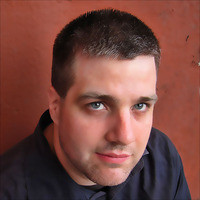Lissa Soep is an audio producer, editor and author whose latest book is Other People’s Words: Friendship, Loss, and the Conversations That Never End.
“I am so keenly aware of how much my own voice is a product of editing relationships and co-producing relationships with other people's words. … I will forever feel indebted to those then-young people who are now writers and educators and therapists. … I feel like my voice is sort of a product of that time.”












